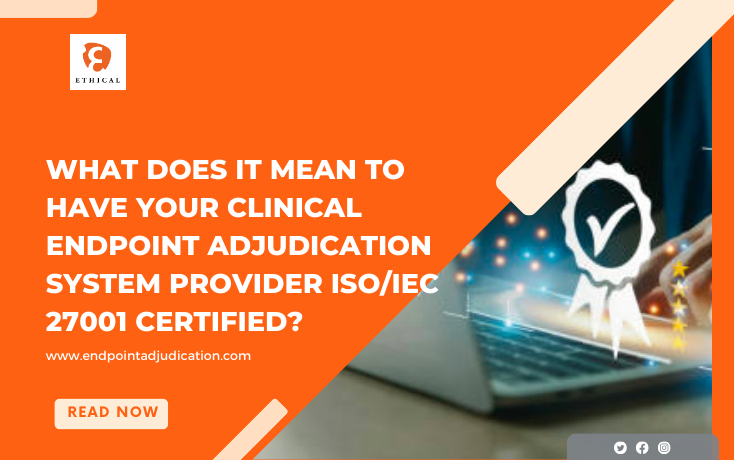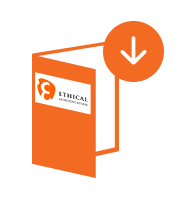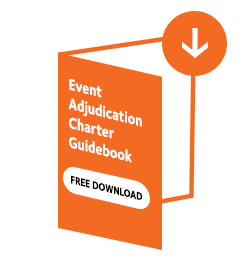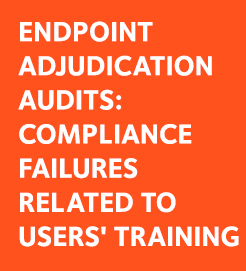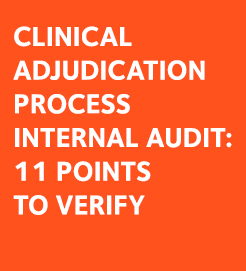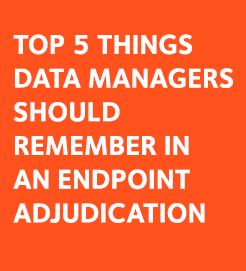Clinical trials involve the collection, storage, and processing of personal health information, as well as sensitive research data. ISO/IEC 27001 is an internationally recognized standard for information security management systems (ISMS) that serves as a tool for risk management, cyber-resilience and operational excellence. By implementing an ISO/IEC 27001-compliant ISMS, organizations can demonstrate their commitment to protecting the privacy and confidentiality of the data they collect and process1, and achieve operational excellence.
ISO/IEC 27001 is an internationally recognized standard for information security management systems (ISMS). It provides a framework for organizations to establish, implement, maintain, and continually improve their information security practices. In the context of systems for clinical trials, ISO27001 plays a crucial role in ensuring the confidentiality, integrity, security and availability of sensitive data.Importance of Data Security in Clinical Trials
In the world of clinical development, the security and integrity of sensitive data are paramount. Patient information, intellectual property, and trial results must be protected from unauthorized access, manipulation, or theft. With the increasing reliance on digital systems and the growing prevalence of cyber threats, organizations involved in clinical trials face significant challenges in ensuring data security.Clinical trial systems contain a wealth of confidential and valuable information that can be targeted by hackers or malicious insiders. Patient data, including medical records and personal details, must be safeguarded to maintain privacy and comply with data protection regulations. Additionally, pharmaceutical companies invest substantial resources in research and development, making it crucial to protect their intellectual property from unauthorized disclosure or theft.
ISO/IEC 27001 is a vital standard for systems involved in clinical trials, as it provides a comprehensive framework for managing information security risks and ensuring the confidentiality, integrity, and availability of sensitive data.
A pharmaceutical company conducting clinical trials may implement access controls, encryption, and regular security audits to ensure the data is protected. These measures can help prevent data breaches and unauthorized access, which could compromise the integrity of the trial results or put participants at risk.
Overview of ISO/IEC 27001 Certification
ISO/IEC 27001 certification is a testament to an organization's commitment to information security. It demonstrates that an organization has implemented a robust ISMS that complies with the requirements of ISO/IEC 27001. Achieving ISO/IEC 27001 certification involves an extensive evaluation of an organization's information security practices, policies, and controls.The certification process begins with a gap analysis, where an organization identifies areas where its current security measures fall short of ISO/IEC 27001 requirements. Based on this analysis, the organization develops an implementation plan to address these gaps and improve its security posture. After implementing the necessary controls and measures, an independent auditor conducts an assessment to determine if the organization meets the requirements for certification.
Key Requirements for ISO/IEC 27001 Compliance in Clinical Trials
Implementing ISO/IEC 27001 in clinical trial systems involves adhering to several key requirements. These requirements form the foundation of an effective ISMS and help organizations address information security risks.
The following are some essential requirements for ISO/IEC 27001 compliance in clinical trials:
1. Risk Assessment and Management: Organizations must conduct a thorough risk assessment to identify potential threats and vulnerabilities. This assessment helps organizations prioritize their security efforts and implement appropriate controls to mitigate risks.
2. Access Control: Organizations must establish access controls to ensure that only authorized individuals have access to sensitive information. This includes implementing strong authentication mechanisms, role-based access controls, and regular access reviews.
3. Data Protection: Organizations must implement measures to protect the confidentiality, integrity, and availability of sensitive data. This includes encryption, secure data storage, regular backups, and secure data transfer protocols.
4. Incident Response: Organizations must establish procedures for detecting, responding to, and recovering from security incidents. This includes incident reporting, investigation, and remediation processes to minimize the impact of potential breaches.
5. Security Awareness and Training: Organizations must provide security awareness and training programs to ensure that employees understand their responsibilities and the importance of information security.
Adhering to these requirements is essential for organizations in clinical trials to achieve ISO/IEC 27001 compliance and establish a comprehensive and effective ISMS.
In conclusion, ISO/IEC 27001 helps organizations in clinical trials adopt a proactive and comprehensive approach to data security. By implementing the standard in all of their clinical trial systems such as clinical endpoint adjudication platforms, organizations can effectively safeguard patient data, protect intellectual property, and gain a competitive edge in the industry. By being ISO/IEC 27001 certified, Ethical affirm our dedication to maintaining robust information security practices.
1https://www.iso.org/standard/27001
The ISO/IEC 27001 international standard focuses on the implementation and maintenance of an ISMS, which is a general method for managing data protection practices. To achieve ISO/IEC 27001 compliance, a risk analysis must be conducted, security controls identified and implemented, and their effectiveness evaluated and reviewed regularly.
The SOC2 standard revolves around 5 principles: Security (Protecting systems and data against risks), Availability (Ensuring systems and data are available), Processing integrity (Ensuring reliable system operations), Confidentiality (Allowing access to data only for authorized users), Privacy (Appropriately handling data containing personal information).
Only the first principle (Security) is mandatory for certification.
In summary, ISO/IEC 27001 revolves around the ongoing protection of data through the implementation and control of identified procedures, while SOC2 audits the measures in place at a given moment (without considering their long-term sustainability). As a result, ISO/IEC 27001 requires more effort and more time to obtain certification.
Both frameworks are recognized internationally. SOC2 is more widely used in North America while ISO/IEC 27001 is more widely used in Europe. For companies wishing to receive certification in both standards, it is advisable to seek for the SOC2 certification as a first step and continue with the more comprehensive ISO/IEC 27001 certification as the next step.
eADJUDICATION®: COMPLIANT AND COST-EFFECTIVE ENDPOINT ADJUDICATION COMMITTEES MANAGEMENT
eAdjudication® offers such flexibility that the software configuration and support provision are tailored to exactly match your need.



